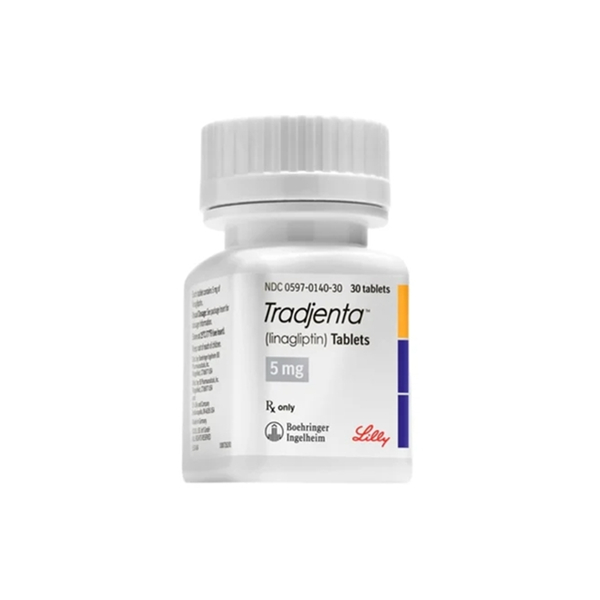Is Linagliptin Covered by Medical Insurance?

Is Linagliptin Covered by Medical Insurance?
Is Linagliptin covered by medical insurance? Linagliptin (Linagliptin) is not included in the medical insurance. According to the relevant information from the National Medical Insurance Administration, there is no record of this drug being included in the medical insurance.
Diabetes is one of the common chronic diseases in today's society, and Linagliptin, as a drug used to treat type 2 diabetes, is widely used among patients. For many patients, an important question is whether Linagliptin can be reimbursed through medical insurance. This article will provide you with a detailed answer to this question.
1. Overview of National Medical Insurance Policy
Before exploring whether Linagliptin is eligible for medical insurance reimbursement, it is necessary to understand the national medical insurance policy. The formulation of the national medical insurance policy is aimed at ensuring people's basic medical needs, improving the level of medical security, and reducing the medical burden on patients. Therefore, medical insurance policies usually stipulate the scope of drugs that can be reimbursed.
2. Linagliptin's Medical Insurance Reimbursement Status
According to current information, Linagliptin can be reimbursed through medical insurance. This is because the drug has been included in the national medical insurance directory. Patients only need to follow the relevant reimbursement regulations to enjoy the benefits of medical insurance reimbursement.
3. Specific Conditions for Medical Insurance Reimbursement
To successfully enjoy the medical insurance reimbursement for Linagliptin, patients need to meet some specific conditions. First, patients must be individuals who meet the indications for the use of Linagliptin as specified in the diabetes treatment guidelines, which are usually patients with type 2 diabetes. Second, patients need to use the drug reasonably according to the doctor's prescription and guidance, and follow the dosage and treatment course specified by medical insurance. Finally, patients also need to follow the relevant requirements of medical insurance when choosing pharmacies and purchasing drugs.
4. Precautions
Although Linagliptin can be reimbursed through medical insurance, patients still need to pay attention to some matters when using the drug. First, patients should follow the doctor's advice and take the medicine in the correct way and dosage. Second, patients can consult the insurance company or the medical insurance department in advance to understand the specific medical insurance reimbursement process and policy requirements, so as to avoid misunderstandings or unnecessary trouble. In addition, patients should also have regular check-ups and cooperate with the doctor's treatment plan to achieve better therapeutic effects.
In summary, Linagliptin, as a drug for treating diabetes, can be reimbursed through medical insurance. However, patients need to meet the conditions specified in the medical insurance policy and use the drug in the correct time, place, and manner to enjoy the benefits of medical insurance reimbursement. If you have specific questions about medical insurance reimbursement, it is recommended that you consult the relevant departments or communicate with your doctor in a timely manner to obtain accurate information and guidance.

